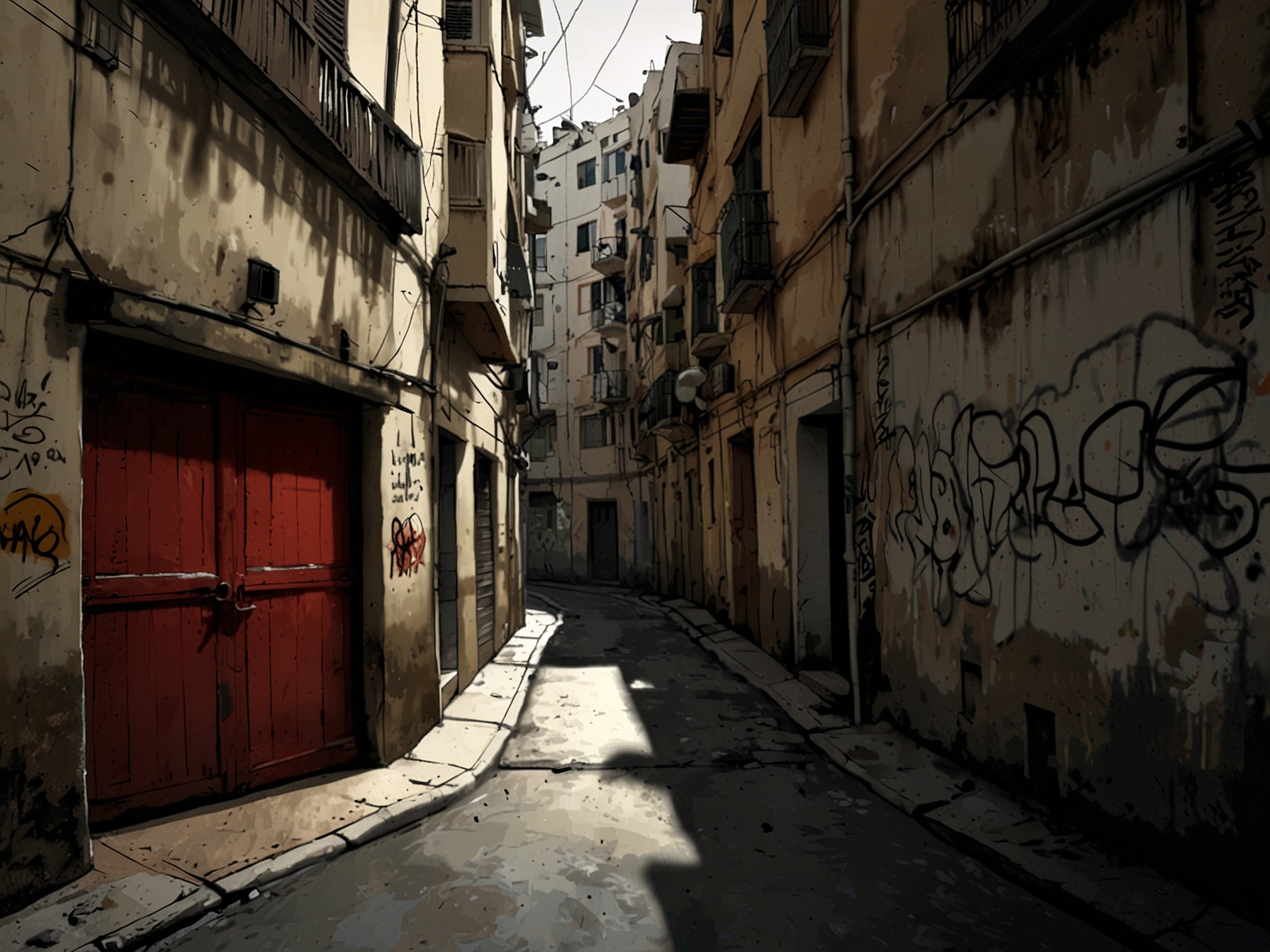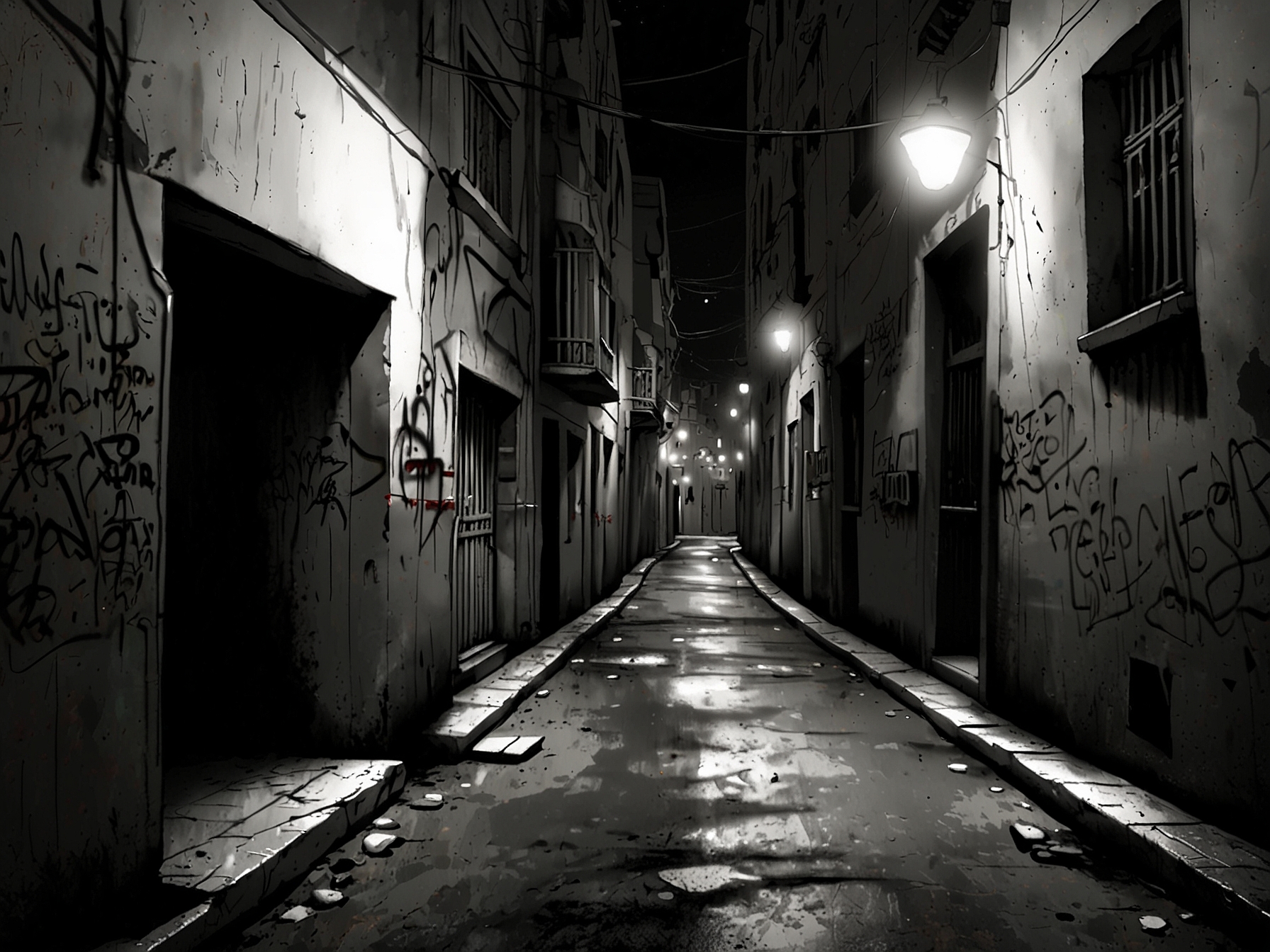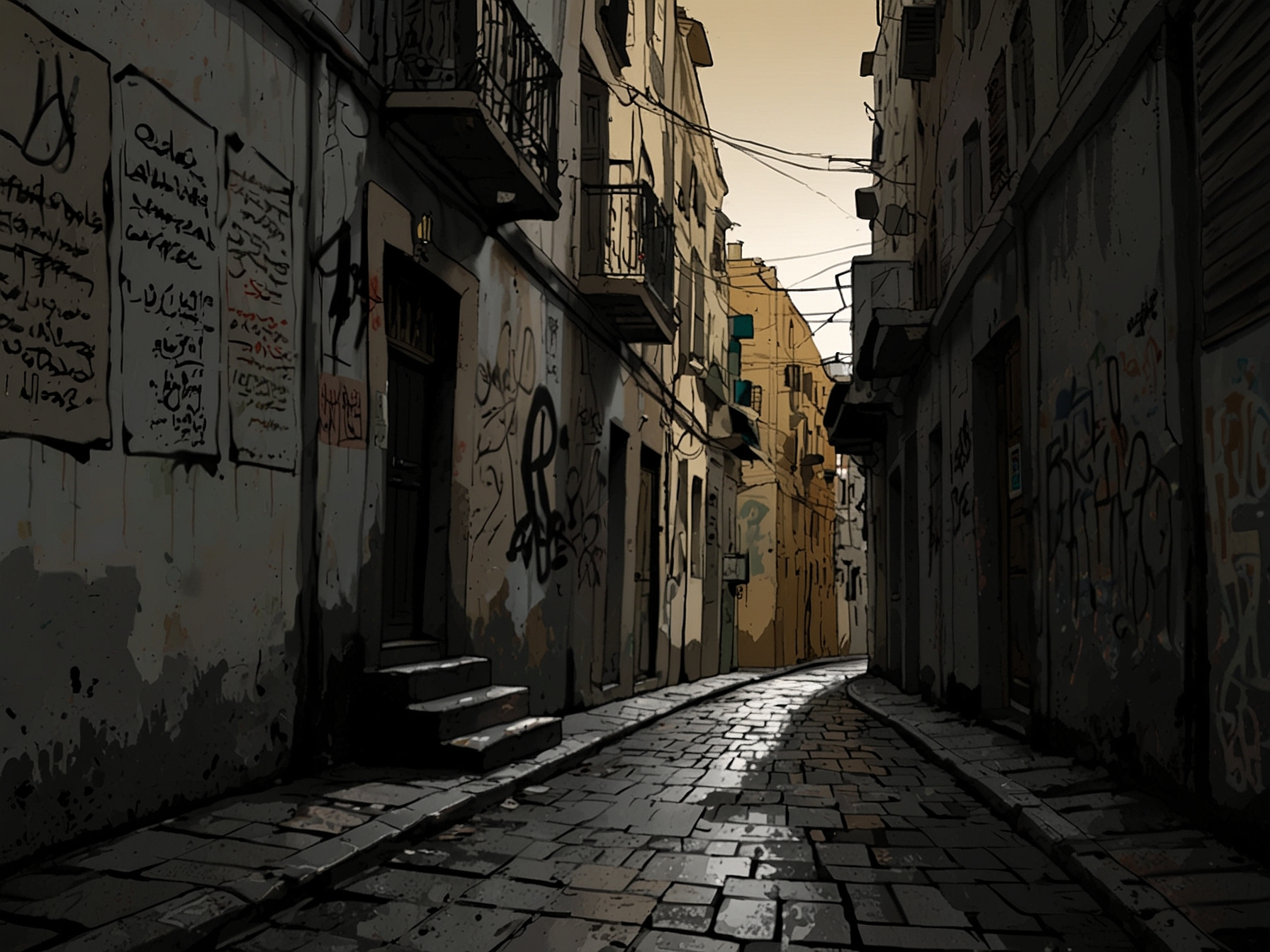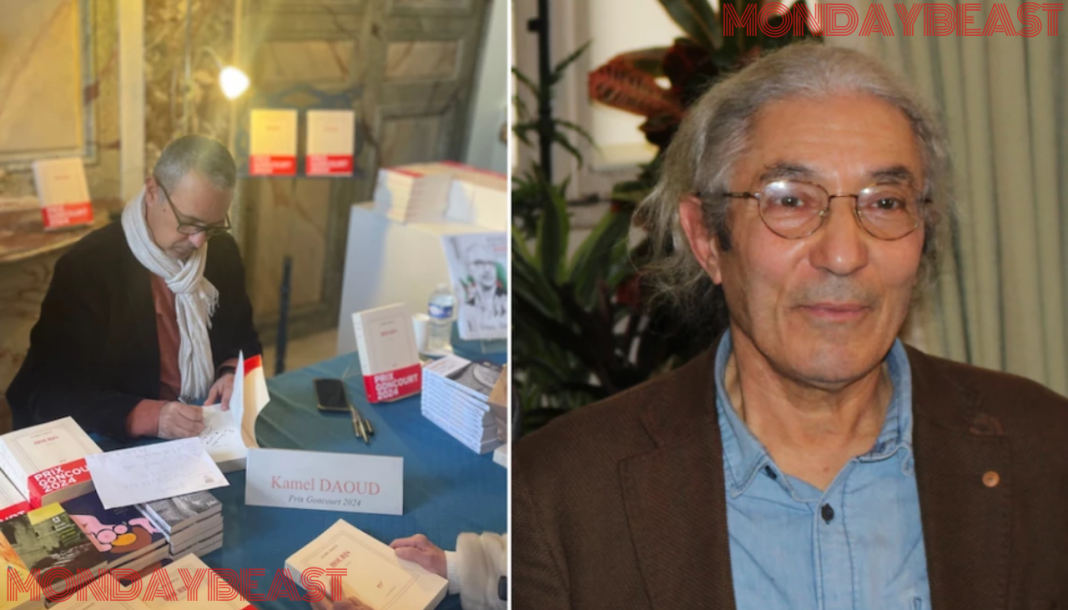The world is watching. Boualem Sansal, a prominent Algerian author, has gone missing. The tensions between Algeria and France have reached a boiling point, and literary voices are at the heart of this conflict.
What does it mean when writers are silenced? This question echoes in the minds of many as Sansal’s situation unfolds. On November 16, he was arrested at the Algiers airport. His whereabouts remain unknown, and concerns rise not just in Algeria, but around the world.

A backdrop of political unrest fuels this situation. The catalyst for many of these tensions? France’s recent acknowledgment of Moroccan sovereignty over Western Sahara. This decision upset the Algerian government, which expressed its deep disapproval through diplomatic channels, further straining an already fragile relationship.
“The Algerian government will take all necessary consequences from this French decision,” the foreign ministry reported on July 26, 2024. Such strong words reflect a palpable anxiety that permeates both nations. It raises the question: how do political movements impact the creative community?
The literary world is not immune to these changes. People are beginning to draw parallels between literary narratives and national identity. Kamel Daoud, another significant figure in Algerian literature, finds himself amid controversy. His book, “Houris,” which critiques the Algerian Civil War, has sparked outrage. It’s a narrative that digs deep into a painful history, one that many prefer to forget.

On November 16, as the accusations against Daoud became public, another storm brewed concerning Sansal. His arrest sent shockwaves through literary circles globally. Prominent authors such as Salman Rushdie rallied support, emphasizing the universal struggle for freedom of expression.
Why is this fight for literary freedom so crucial? In times of political strife, writers often bear the brunt of oppression. Their work can challenge the status quo, but in doing so, it invites backlash. The recent petitions for Sansal’s release demonstrate an international solidarity with those threatened for their voices.
In a show of unity, Nobel laureates penned an open letter demanding Sansal’s freedom, showcasing the intertwined nature of literature and activism. They argued that the dignity of writers everywhere depends on mutual support against government oppression.

Sansal has long been a critic of the Algerian regime. His novels, exploring themes of totalitarianism and corruption, are mirrors of society. In one of his previous writings, he declared Algeria a “laboratory of totalitarianism.” Such bold statements have made him a target for criticism and scrutiny.
The question remains: what happens to writers like Sansal? They risk safety for the sake of their craft. This sacrifice can feel both noble and tragic, highlighting the peril faced by those who dare to speak out.
As we await developments in Sansal’s case, the international community must remain vigilant. History teaches us that silence often prevails when no one dares to speak up. If a writer’s voice is merely a whisper amid chaos, does it lose its power?
In a world where information can be cloaked in secrecy, the need for transparency and advocacy is paramount. So, what will happen next? Every day that passes without news is another day of fear that descends upon those who value freedom.
Boualem Sansal’s plight stands as a pressing reminder of the fragility of liberty. His story resonates beyond borders, urging each of us to consider the price of silence. Let’s ask ourselves: what can we do to help? How can we ensure that creative voices are not silenced by fear?




